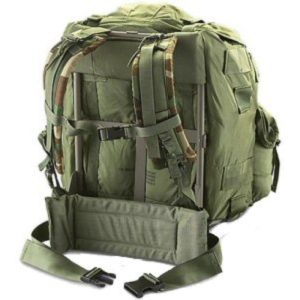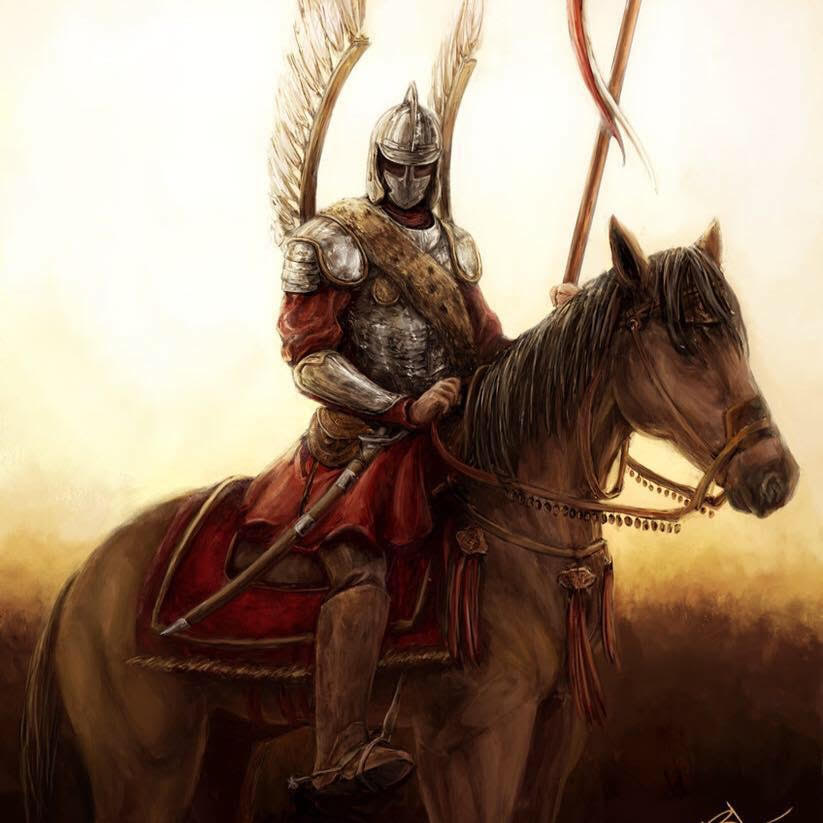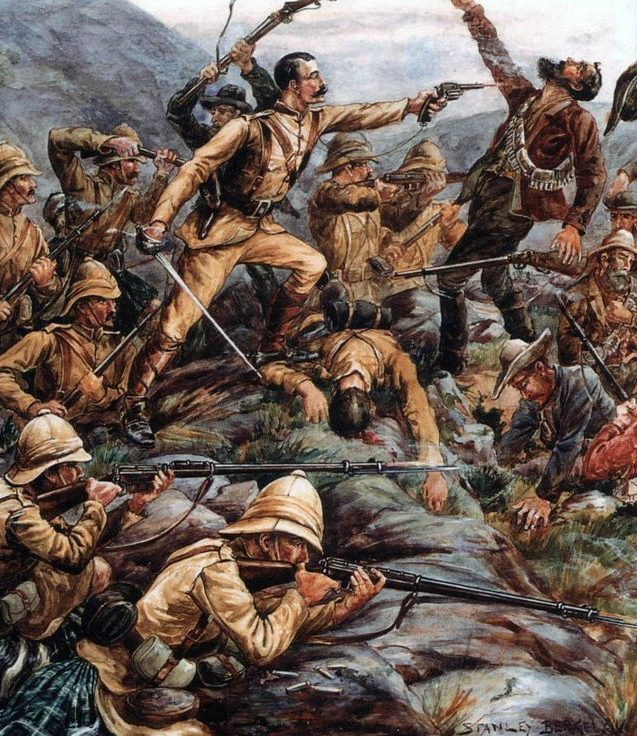 Ask any infantryman from the Army or Marine Corps what they did the most while in uniform, and they’ll tell you the same thing – ruck marches.
Ask any infantryman from the Army or Marine Corps what they did the most while in uniform, and they’ll tell you the same thing – ruck marches.
The British Army calls it a Tab, the Royal Marines call it a Yomp and the Australian Army call it Stomping. (I like that one).
Whatever you choose to call it, you need to do it.
I don’t come from an infantry background, as I’m a POG (Person Other than Grunt), but I do ruck marches at least once a week.
It’s a great workout that works your type 1 muscle fibers, shoulders, traps, core, back, hips, glutes, legs and stabilizers.
What you need to start:
1. A rucksack
2. Some kind of weight
In German, Rücken means “back” and Sack means “bag”. I prefer the ALICE pack. You can get them at any Army surplus store, and they are durable. If you use an ALICE pack, make sure you get the frame for it! The LC2 frame keeps the ruck from shifting on your back and prevents  injury.
injury.
As far as weights, I use sacks of kitty litter wrapped in duct tape, but you can use whatever you want.
You can also use whatever type of backpack you wan,t but keep in mind that some back packs have weight limits. My rucksack has 45lbs in it.
Where to begin is up to you, but don’t over do it! Don’t put 100lbs in your ruck and get dropped off 15 miles from your house. Be realistic and start small.
15 to 20lbs is a good starting weight, carried 2 miles.
I carry 45lbs for 5 kilometers (3.1 miles) at a fast march.
Remember to start slow and work your way up. This is a good workout that burns calories and builds endurance.
ALWAYS HYDRATE BEFORE A RUCK MARCH!
Even though you’re walking, you will be burning more calories then normal because of the extra weight on your back, so proper hydration is important for your safety.
GET TO IT!










5
3.5
4